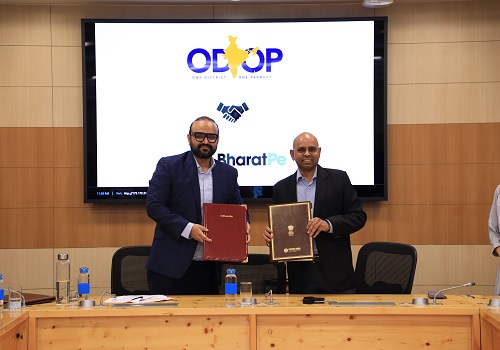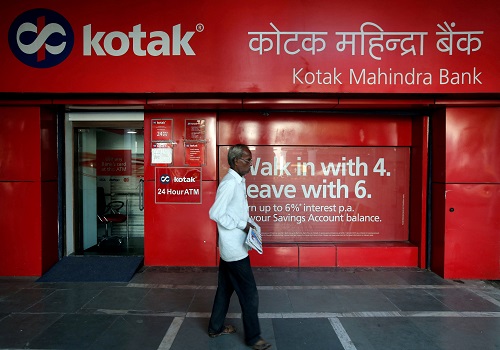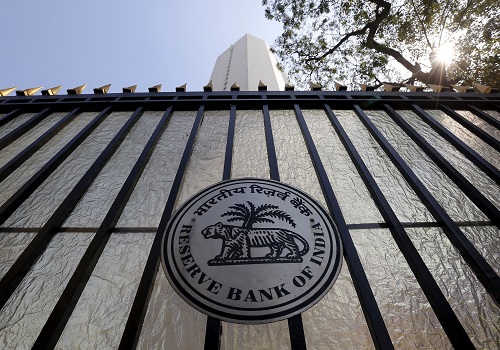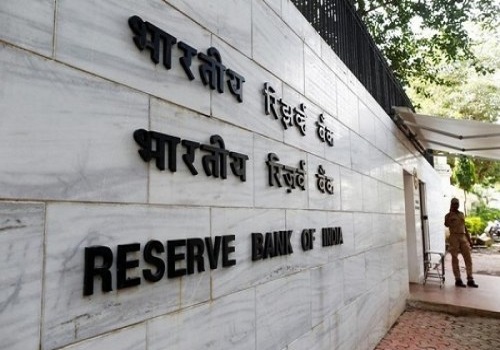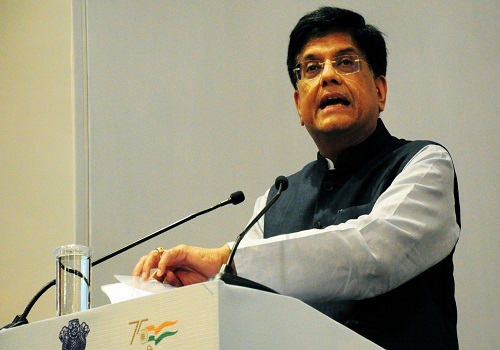ADIF urges RBI to ensure card tokenisation readiness across banks
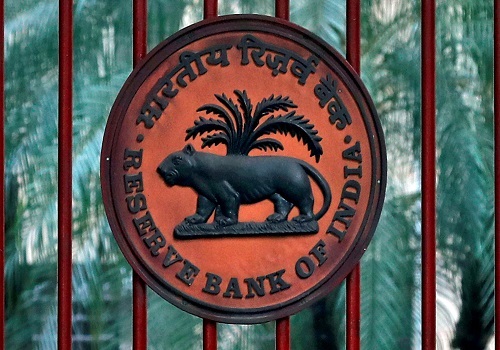
Follow us Now on Telegram ! Get daily 10 - 12 important updates on Business, Finance and Investment. Join our Telegram Channel
The Alliance of Digital India Foundation (ADIF) on Friday welcomed the Reserve Bank of India's (RBI) move to extend card tokenisation deadline by six months till June 30, 2022, urging the central bank to ensure readiness across all banks in a timely manner.
There were concerns across all stakeholders in the payment ecosystem around CoF (card-on-file) tokenisation readiness. Merchants were also fearing payment disruptions and revenue losses as a result.
"We also call upon the RBI to take steps to ensure readiness across all banks. Should bank readiness not come through in a timely and robust manner, we stand the risk of finding ourselves in the same predicament again in June as now," said Sijo Kuruvilla George, Executive Director, ADIF.
Unless banks are compliant, merchants will not be able to successfully process tokenised transactions and have solutions consumer ready.
The ADIF said that it is equally important that consumer education and awareness is given the required importance and not just the technical aspects related to the switch to tokenisation.
"It is only when consumers are aware of tokenization and its benefits, that they will be able to make an educated choice for opting in," the foundation said.
In a notification on Thursday, the RBI said: "The timeline for storing of CoF (card-on-file) data is extended by six months, i.e., till June 30, 2022; post this, such data shall be purged".
"In addition to tokenisation, industry stakeholders may devise alternate mechanism(s) to handle any use case or post-transaction activity that currently involves or requires storage of CoF data by entities other than card issuers and card networks."
The RBI's card tokenisation guidelines mandated replacing the actual card data with encrypted digital tokens, which are then used to facilitate and authenticate transactions.





.jpg)








